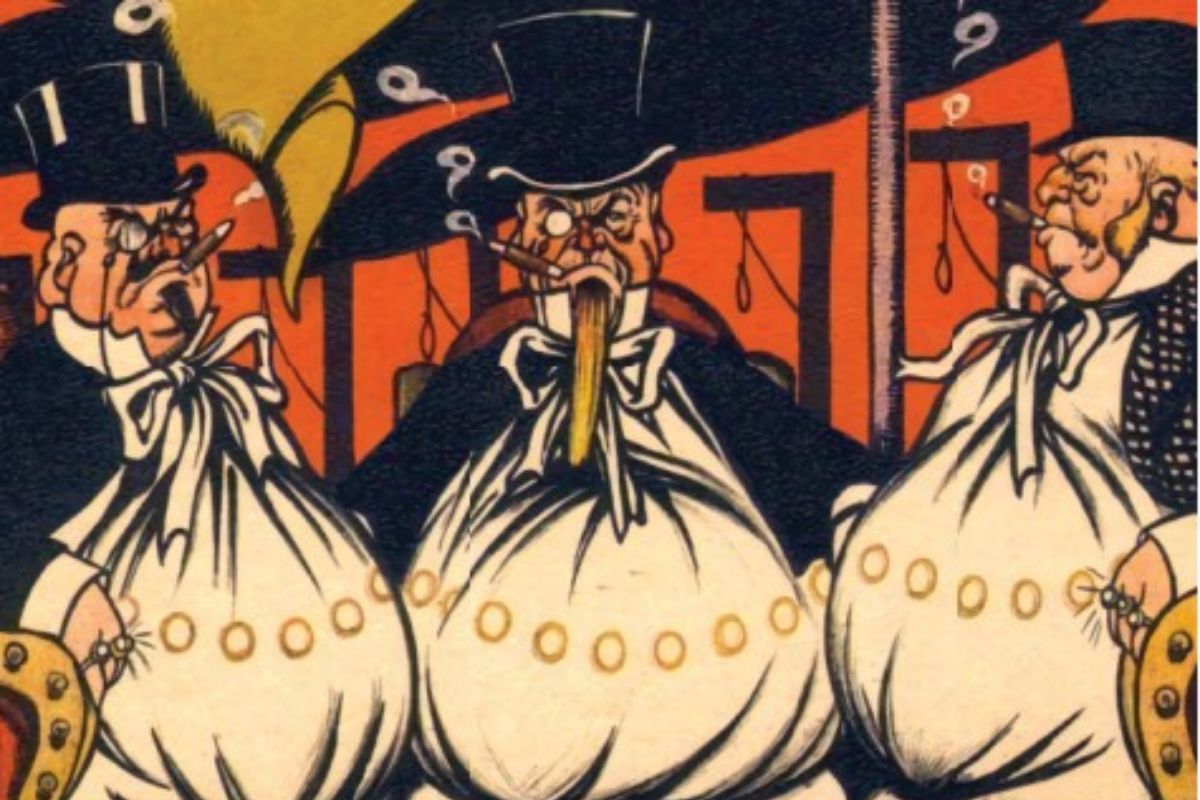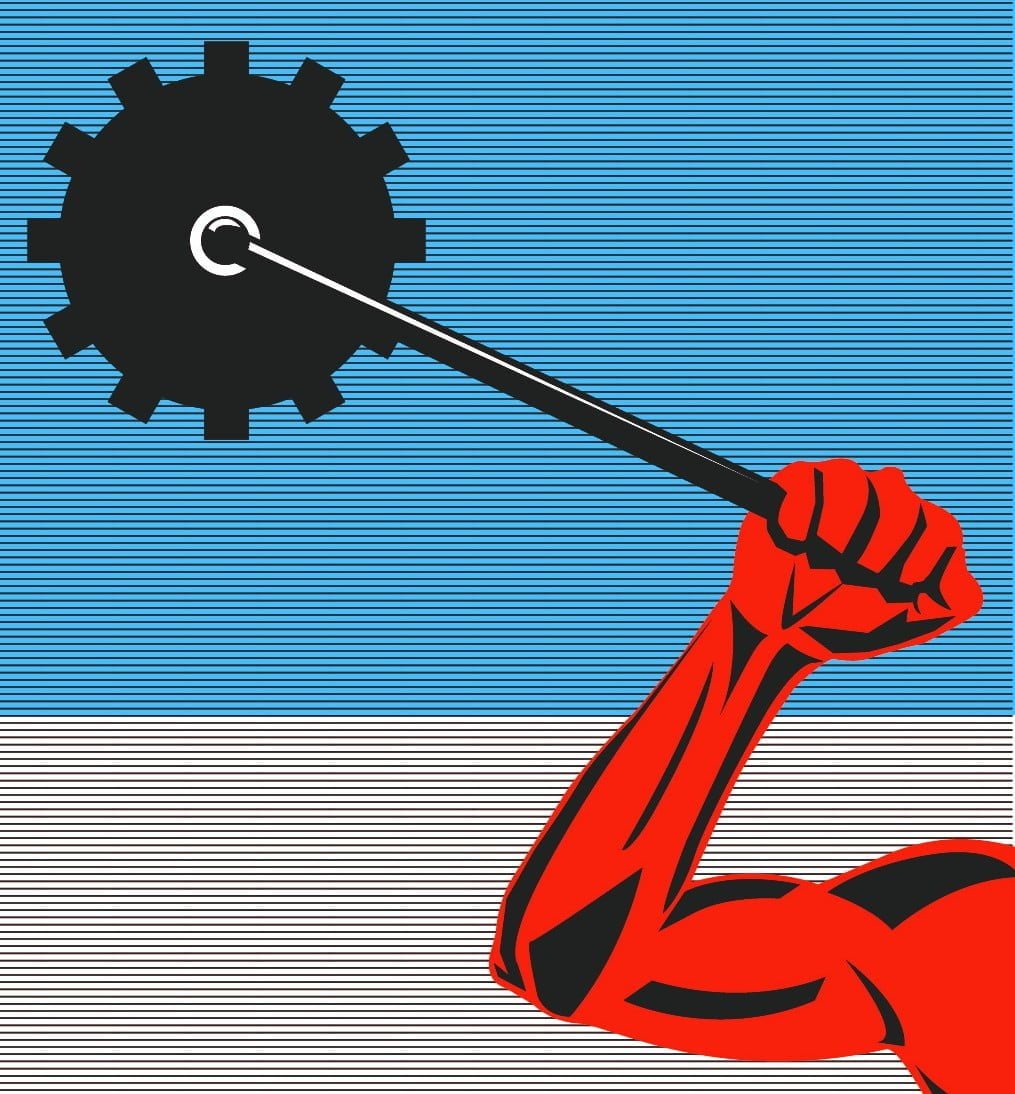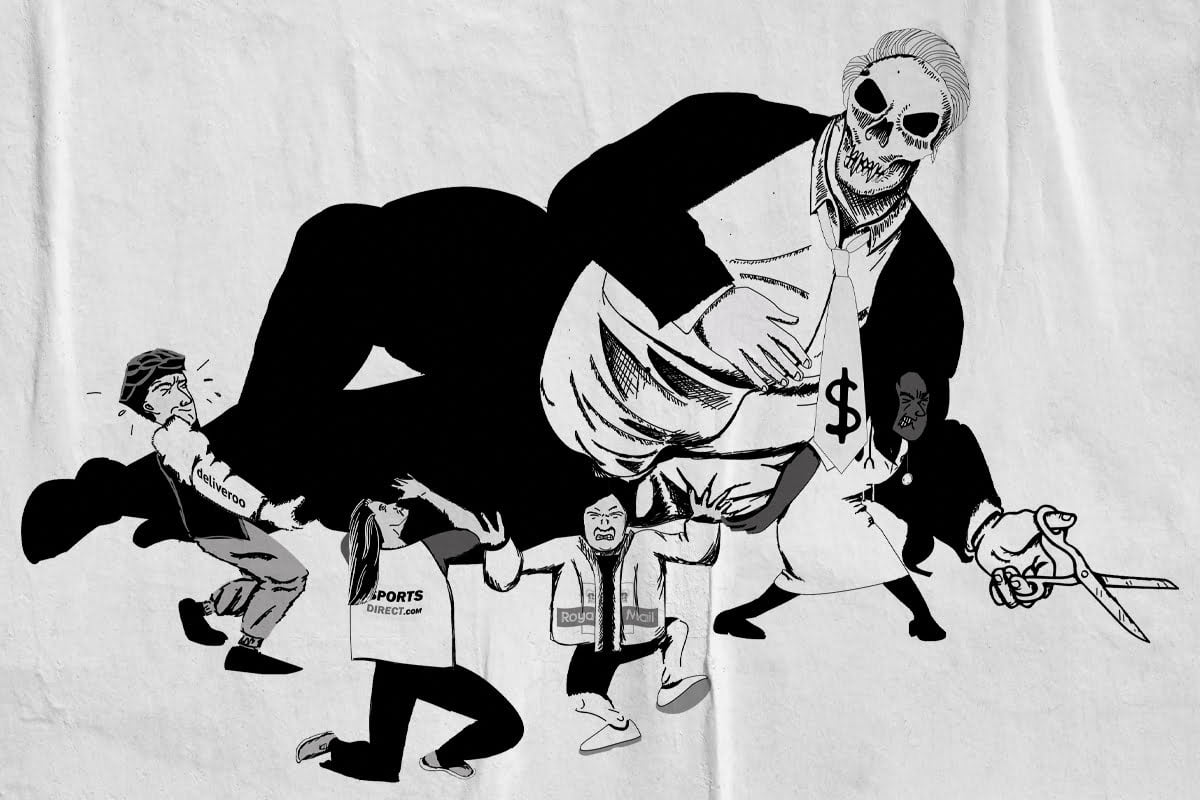A ‘micro-pilot’ trial of Universal Basic Income (UBI) is underway in Britain, to measure the impact of such a policy on people’s lives. These trials will see 30 people unconditionally receive £1,600 per month, over the course of two years.
Some on the left look to UBI as a solution to the contradictions of capitalism. With advances in automation threatening to make millions unemployed, it is suggested that the state should provide everyone with a guaranteed income, and that this should be funded through huge taxes on the ultra-rich.
UBI’s supporters argue that it could reduce working hours without impacting wages. This would give people more leisure time to pursue arts, sports, and education, as well as rest.
No doubt this trial – conducted by think-tank Autonomy – will confirm many of these expectations.
It is one thing to trial a limited UBI for 30 people, however, and another thing entirely to roll it out universally. The main question is: who would pay for such a policy?
Who pays?

We must be clear, there is absolutely enough wealth in society to fund a UBI. But this wealth is currently in the hands of the bosses, bankers, and billionaires.
A massive redistribution of money from the ultra-rich to the poor would be a huge step forward. But we have to ask: how would this be achieved?
After over a decade of austerity, no one really expects the super-rich to simply give their money away – especially on the scale required to properly fund a UBI. Only a movement that threatened the overthrow of capitalism could force the elites to part with their wealth.
Furthermore, the left aren’t the only people pushing for a UBI. Libertarians have long campaigned for a version of UBI that is designed not to support, but to replace the welfare state.
Under this guise, all services – including healthcare and education – would be fully privatised, paid for at the point of use. Increased living costs for workers would therefore eat up any extra income received through a limited UBI.
At best, UBI is therefore a utopian project that would require a revolutionary movement to bring into effect in the interests of the working class. At worst, it would open the doors for the wholesale destruction of gains won through struggle by previous generations.
Addressing the symptoms
Ultimately, UBI only addresses the symptoms of capitalism, without tackling their causes.
At the end of the day, a capitalist society with UBI would still leave power in the hands of the capitalist class, with workers exploited by the bosses for profit.
Such a society would therefore still be subject to the anarchic logic of the market, and all the consequences that flow from this.
UBI might provide workers with more money to afford housing, for example. But the ‘invisible hand’ of the market would still jack up rents. Landlords would still have the power to evict tenants, whilst living off their labour. And developers would still build only the most profitable housing – i.e. properties for speculators and the rich.
Such a policy, therefore, does not address the key question of who owns and controls the economy, to ensure that investment is made on the basis of need.
There would be nothing to stop profiteering capitalists from ramping up prices after UBI is implemented, unless production was planned to match demand.
As can be seen with the current inflation crisis, therefore, any extra handouts from the state would simply end up in the bosses’ pockets, leaving workers back where they started.
We can see an example of this in the USA, where ‘stimulus checks’ were provided to everyone during the pandemic – in effect a temporary, nationwide UBI scheme. This programme, however, contributed to soaring inflation, which has in turn wiped out any benefit that workers may have felt.
The issue at the heart of capitalism is that the working class produces all the wealth in society, but does not control it. So long as this contradiction exists, all the same problems of inequality and exploitation will continue.
Workers’ control

The only way to resolve this is for the working class to take ownership of the commanding heights of the economy, and plan production democratically – for need, not profit.
Instead of campaigning for a UBI, therefore, Marxists fight for a socialist solution, based on planning and workers’ control.
Under such a system, society’s immense resources and productive capacities could be used to provide necessities such as housing, utilities, food, and transport for all – free at the point of use.
With the working class in control, we could fully utilise AI and other technologies to automate tasks as much as possible, whilst sharing out any remaining necessary work with no loss of pay.
This would provide everyone with far more time to live their lives as they please, and to take part in the running of society.
Only in this way can we end the horrors of capitalism, and create a world truly fit to live in.






